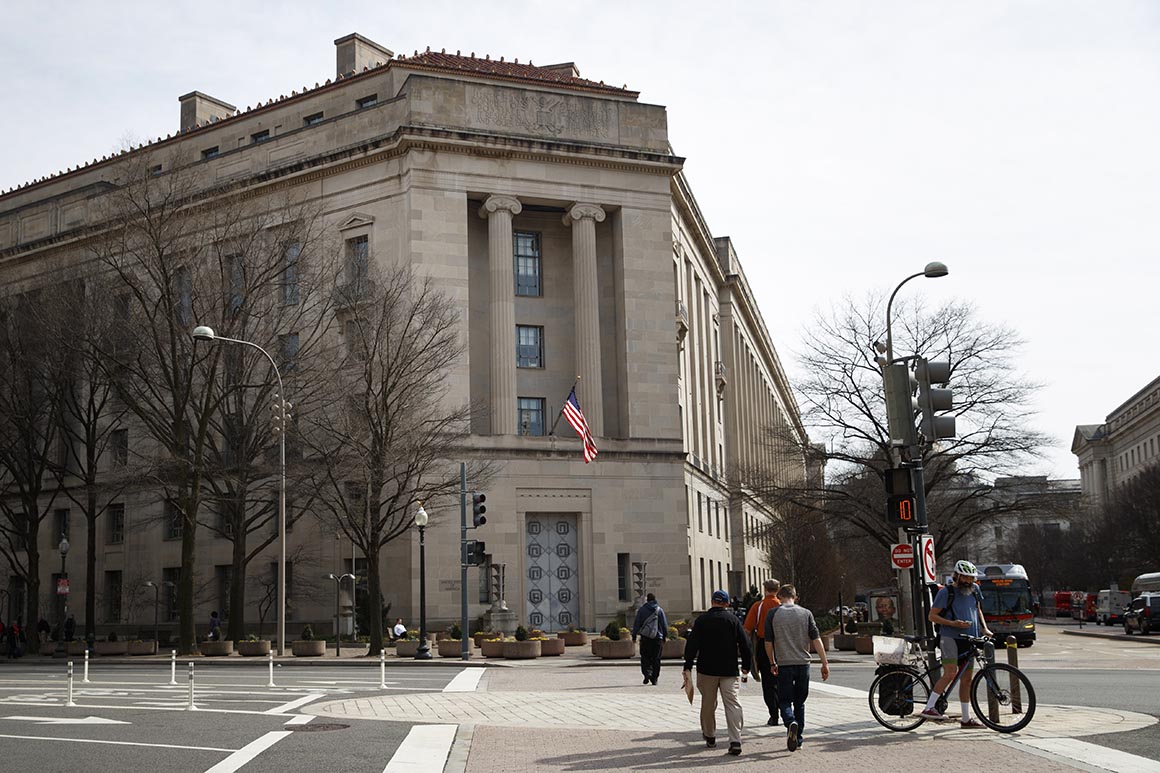
Heather V. Walsh, a lawyer in the White House Office of Management and Budget, wrote in the filing that the emails, which span from June to September 2019, “reflect communications by either the president, the vice president, or the president’s immediate advisers regarding presidential decision-making about the scope, duration, and purpose of the hold on military assistance to Ukraine.”
The acknowledgment also came hours after Senate Republicans blocked Democratic-led efforts to subpoena additional witnesses and documents as part of the Senate’s impeachment trial, which concludes on Wednesday.
“Every single Republican senator voted to endorse the White House cover-up of these potentially important truth-revealing emails,” Senate Minority Leader Chuck Schumer (D-N.Y.) said in a statement. “Make no mistake, the full truth will eventually come out and Republicans will have to answer for why they were so determined to enable the president to hide it.”
Senators will return on Monday for closing arguments by the House impeachment managers and the White House defense team, followed by two days of deliberations and a final vote on the impeachment articles on Wednesday at 4 p.m.
The Senate passed a resolution late Friday night that effectively closes the evidentiary record in the case and prevents Democrats from forcing more votes to subpoena new witnesses and documents.
In the meantime, Democrats have warned that new information will continue to emerge — including details from former national security adviser John Bolton’s forthcoming book. Democrats’ efforts to subpoena Bolton during the trial failed, mostly on party lines.
In the court filing, Walsh said these documents in particular are being shielded under the presidential communications privilege, which aims to protect the deliberative process within the executive branch. The emails were released to the Center for Public Integrity under the Freedom of Information Act, but they were heavily redacted.
“[T]he withheld information consists of either the status of an ongoing decision-making process involving the president, information that was solicited and received by the president as part of his official duties, or information that was solicited and received by the president’s immediate advisers,” Walsh wrote in the filing, as part of the Justice Department’s effort to keep the contents of the emails sealed.
At a federal court hearing in an unrelated matter on Thursday, Judge Randolph Moss seemed surprised at Justice’s position that private organizations can use the Freedom of Information Act to obtain information even when the administration is holding Congress at bay.
“It strikes me as kind of remarkable to suggest the institution of Congress, that institution lacks the power to enforce a subpoena while an individual would have the power to enforce a FOIA request,” Moss said.
Justice Department attorney James Burnham said that disparity was consistent with the Trump administration’s view that the courts are intended to adjudicate the rights of private parties, not to referee disputes between Congress and the White House.
“I don’t think it’s remarkable,” Burnham replied.
The House’s impeachment prosecutors have alleged that Trump withheld the military aid from Ukraine to pressure the country’s president, Volodymyr Zelensky, to announce investigations targeting former Vice President Joe Biden, a potential 2020 rival.
Trump’s defense lawyers have said the aid was put on hold because the president had concerns about corruption within Ukraine’s government, and because he wanted other countries to share the burden of providing lethal military aid to a nation trying to fend off Russian aggression to its east.
House impeachment investigators have pointed to witness testimony and documents that show deep confusion and chaos among the upper levels of the Pentagon, State Department and National Security Council after officials first learned of the hold.
Those officials, some of whom testified before the House last year, said they never received a full explanation for the hold on the security assistance, which had already been appropriated by Congress and approved for release after a Pentagon anti-corruption review.
Earlier this month, the Government Accountability Office determined that the hold was illegal because it violated the Impoundment Control Act, which requires formal notification to Congress of any delay.
“Faithful execution of the law does not permit the president to substitute his own policy priorities for those that Congress has enacted into law,” the GAO wrote in its eight-page report on the matter.
Josh Gerstein contributed to this report.
Source: politico.com
See more here: news365.stream






